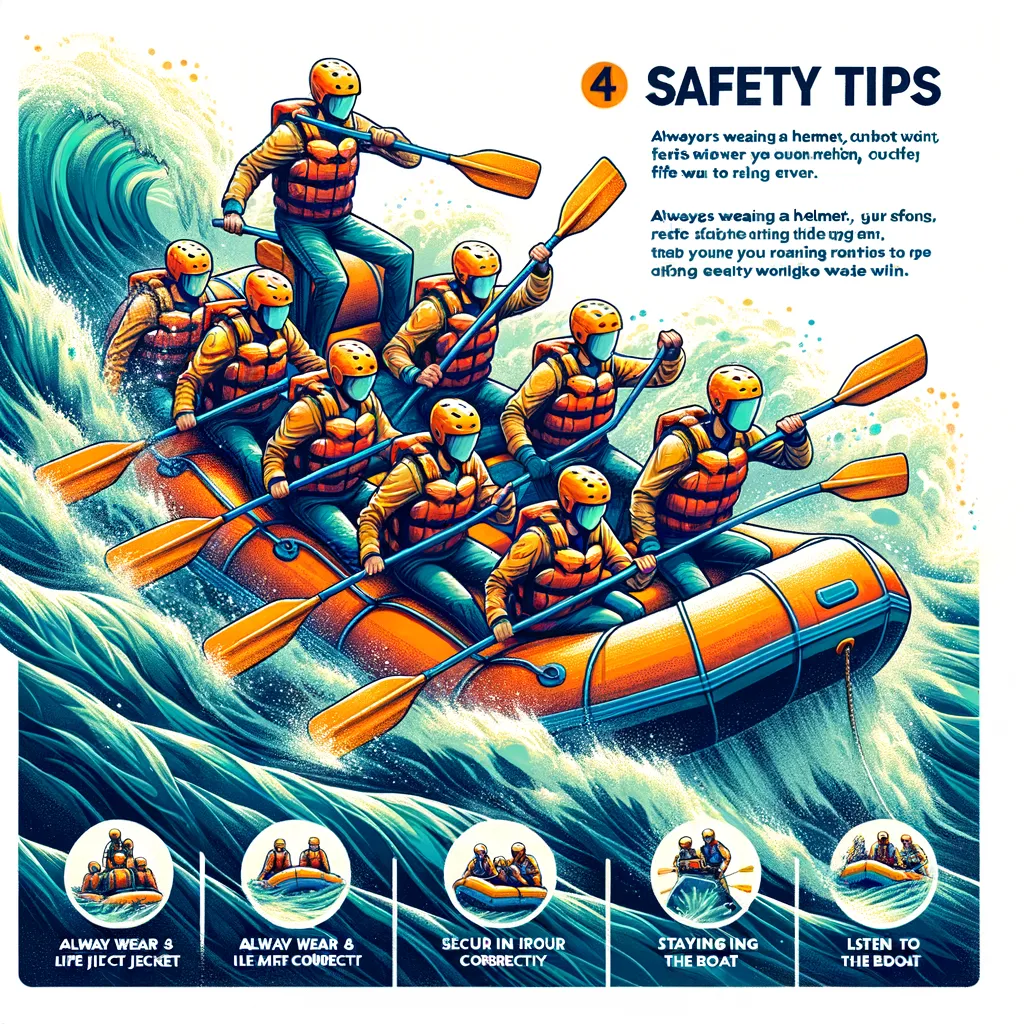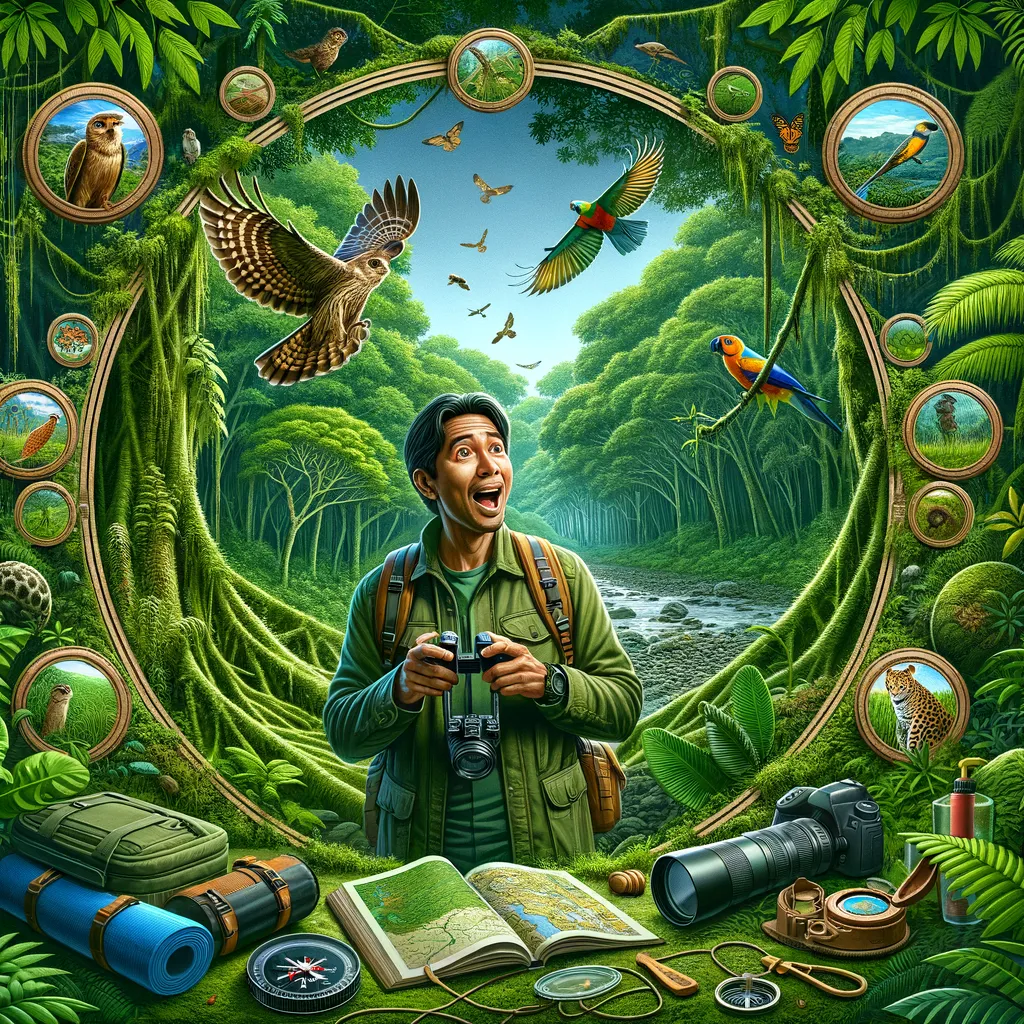The Ultimate Guide to Camping Sites in Tasmania for Parents
Welcome to our comprehensive guide designed specifically for parents looking to create unforgettable outdoor adventures in Tasmania. This enchanting island is home to some of the most stunning campsites, offering families the perfect blend of natural beauty, adventure, and tranquility. Whether you’re planning your first family camping trip or you’re seasoned campers, Tasmania has something unique for everyone. Dive into our guide to discover the best camp sites that promise an incredible experience for you and your little ones.
Before we venture into the heart of Tasmania’s wilderness, let’s understand why camping can be an enriching experience for families. Camping not only brings families closer but also introduces children to the wonders of nature, teaching them valuable life skills along the way. To start planning your trip, visit Camping for essential gear, and for a dive into the essence of camping, Learn more here.
Why Choose Tasmania for Your Family Camping Adventure?
Tasmania, an isolated island state off Australia’s south coast, is famed for its vast, rugged wilderness areas, largely protected within parks and reserves. Offering a cooler climate compared to mainland Australia, it is a haven for families looking to escape the hustle and bustle of city life. With its crystal-clear lakes, towering mountains, and dense forests, Tasmania provides a stunning backdrop for your family camping adventure.
When it comes to camping with children, Tasmania stands out with its array of family-friendly sites, easy access to clean facilities, and plenty of activities to keep the young ones engaged. From beachside camping under the stars to nestled sites within National Parks, Tasmania’s camping sites cater to every family’s preference.
Selecting the Perfect Campsite
Choosing the right campsite is crucial to ensure your family trip is comfortable, safe, and enjoyable. Consider the following factors when selecting a campsite in Tasmania:
- Facilities: Look for campsites with family-friendly facilities such as toilets, showers, and kitchen areas.
- Activities: Ensure the site offers or is close to activities suitable for children, such as hiking, swimming, and wildlife spotting.
- Accessibility: Check if the campsite is easily accessible by your means of transport, especially if travelling with young children.
- Safety: Inquire about any safety concerns, such as wildlife encounters, and ensure the site is well-equipped to handle emergencies.
It’s important to do your research and possibly contact the sites directly to ask any specific questions you might have regarding your family’s needs. This extra step can make all the difference in ensuring your camping trip is a success.
Top Family-Friendly Campsites in Tasmania
With so many options available, narrowing down the best campsites for your family can be daunting. To help, we’ve compiled a list of top family-friendly camping sites across Tasmania known for their stunning locations, excellent facilities, and array of activities. Here’s a sneak peek at what’s to come in our comprehensive guide:
- Freycinet National Park: Offers pristine beaches and calm bays perfect for young swimmers. The park’s campgrounds are well-equipped and close to several family-friendly hikes.
- Mount Field National Park: Ideal for families interested in exploring Tasmania’s unique wildlife and engaging in short, scenic hikes. The park has excellent camp grounds with easy access to amenities.
- Bay of Fires: Known for its breathtaking scenery, crystal-clear waters, and white sandy beaches. There are several camp sites along the bay that are perfect for families looking to enjoy the beach and explore the natural beauty.
This guide is just the beginning of your family camping adventure in Tasmania. We will delve deeper into each of these sites, explore more hidden gems, and provide you with all the information you need to make your camping trip a memorable one. Stay tuned for in-depth reviews, insider tips, and everything else you need to plan the perfect Tasmanian camping adventure.

Planning Your Family Camping Trip in Tasmania: 5 Essential Tips for Parents
Tasmania, Australia’s island gem, is a paradise for families seeking adventure amidst nature. With its rich diversity of landscapes—from pristine beaches and calm bays to lush forests and rugged mountains—Tasmania offers a unique camping experience that promises to bring families closer to nature and to each other. If you’re considering Tasmania for your next family camping trip, this guide is your go-to resource. We offer essential tips and insights to help parents prepare for an unforgettable journey into Tasmania’s great outdoors.
Before diving into the essentials, it’s important for parents to grasp the beauty and adventure that await in Tasmania. The island’s campsites provide safe, family-friendly environments where children can explore and learn from nature. However, preparation is key to ensuring your family trip is not only enjoyable but also safe and comfortable. Here are five essential tips for parents planning a camping trip in Tasmania:
1. Packing According to the Climate
Tasmania’s climate can be quite variable, so packing the right clothing and gear is crucial. During summer, while days can be warm, evenings can cool off significantly. Ensure you have a mix of lightweight clothing for daytime adventures and warmer layers for night. Waterproof jackets are essential year-round, as Tasmanian weather can be unpredictable. Don’t forget sun protection for those sunny beach days!
2. Familiarize Yourself with Local Wildlife
Tasmania is home to a variety of wildlife, including the famous Tasmanian devil, wombats, and wallabies. While encounters with these creatures can be exciting, it’s important to educate your family on maintaining a safe distance and not feeding the wildlife. Knowing how to store your food properly can also prevent unwelcome visitors to your campsite.
3. Choose Child-Friendly Activities
Many campsites in Tasmania are located near attractions and activities suitable for children of all ages. From swimming in crystal-clear waters to exploring forest trails filled with the wonders of nature, there’s no shortage of adventures to be had. Research the area around your chosen campsite for family-friendly hikes, local parks, and perhaps even a hidden beach to ensure your itinerary is packed with excitement.
4. Safety First: Preparing for the Unexpected
When camping with family, safety should always be a top priority. Always have a first-aid kit on hand, and familiarize yourself with the nearest medical facilities before setting up camp. It’s also wise to carry a physical map of the area, as cell service can be unreliable in more remote regions of Tasmania. Teaching your children basic safety protocols can add an extra layer of protection during your outdoor adventures.
5. Booking Campsites in Advance
Tasmania’s reputation as a premier camping destination means that popular sites can fill up quickly, especially during peak seasons. To avoid disappointment, it’s advisable to book your campsite well in advance. This also allows you to request specific sites that may offer easier access or better facilities for families with children.
In closing, preparing for a camping trip in Tasmania requires careful planning and consideration, especially when traveling with children. By following these essential tips, parents can ensure a smooth, enjoyable experience for the whole family. Tasmania’s natural wonders provide a perfect backdrop for creating lasting memories, and with the right preparation, your family camping trip will undoubtedly be a success.
Remember, every family’s needs and preferences are different, so tailor your preparations to suit your specific situation. Whether it’s your family’s first time exploring the great outdoors or you’re seasoned campers, Tasmania offers an adventure that is as enriching as it is exciting. Happy camping!
Disclaimer
The articles available via our website provide general information only and we strongly urge readers to exercise caution and conduct their own thorough research and fact-checking. The information presented should not be taken as absolute truth, and, to the maximum extent permitted by law, we will not be held liable for any inaccuracies or errors in the content. It is essential for individuals to independently verify and validate the information before making any decisions or taking any actions based on the articles.



